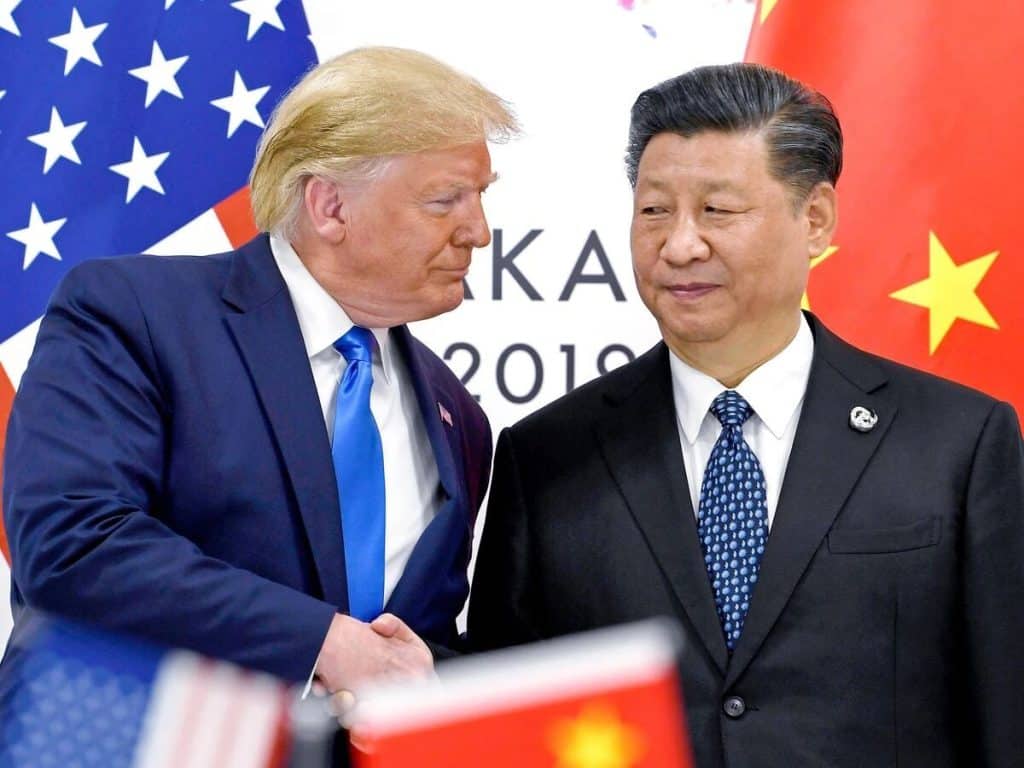Trump’s China tariffs: Market conquest by Beijing?
Analysts believe that this situation may give China more bargaining power in future negotiations with the United States and raise serious questions about the effectiveness of US tariffs in controlling imports. Is China really conquering the US market and can its economic capabilities influence the outcome of the trade war?
Six months after the Trump administration and China launched a trade war and imposed 55% tariffs, China’s daily exports to the US of $1 billion are a sign of the country’s economic resilience and the Chinese president’s bargaining power in future negotiations.
China exports about $1 billion in goods to the US across the Pacific Ocean every day, Bloomberg reported. Despite a double-digit decline in the value of total trade over the past six months, this amount increased in September compared to August, and exports of some goods were also higher than in 2024. This shows that Beijing is challenging Washington in the trade war.
The result is that the ability of U.S. tariffs to control imports from American companies appears limited, and China’s dominance in rare earths and electronics makes it difficult to remove Chinese products from the U.S. economy in the short term. That could change, as Trump has repeatedly threatened to raise tariffs.
Bloomberg analysts Chang Shu and David Chou warned that other countries could not replace China in the short term, noting that it would take time to reorganize production. “China’s strong position in global supply chains gives it bargaining power with U.S. importers in the short term,” they wrote, noting that it would take time to reorganize production. In the third quarter, the United States imported more than $100 billion in Chinese goods, helping Beijing keep economic growth on track for its annual target and boost the bilateral trade surplus to $67 billion. All of this gives Chinese President Xi Jinping more bargaining power in trade talks with Trump and an extension of the 90-day tariff truce.

